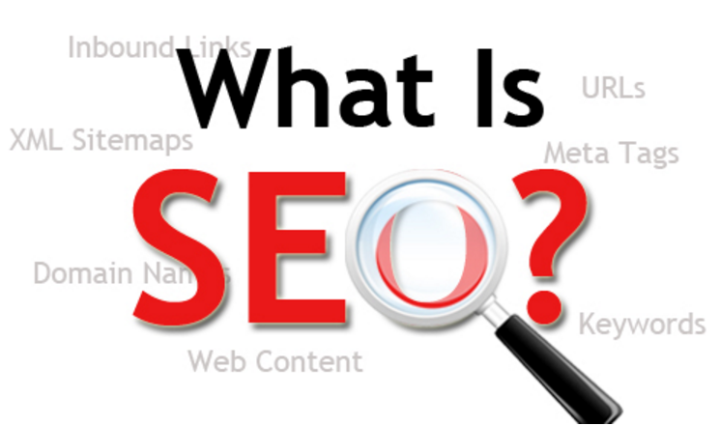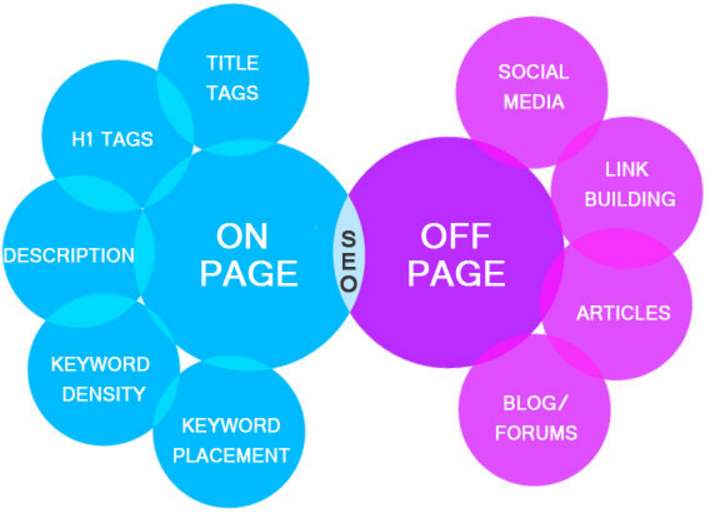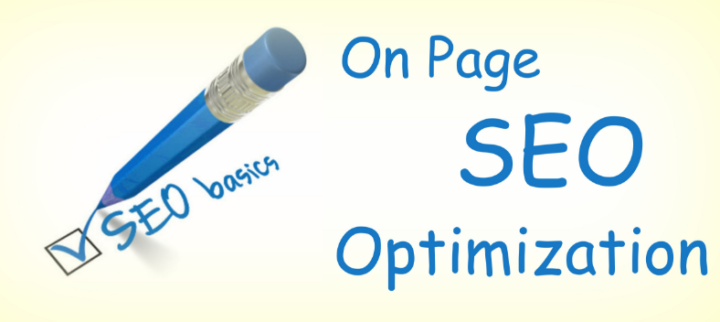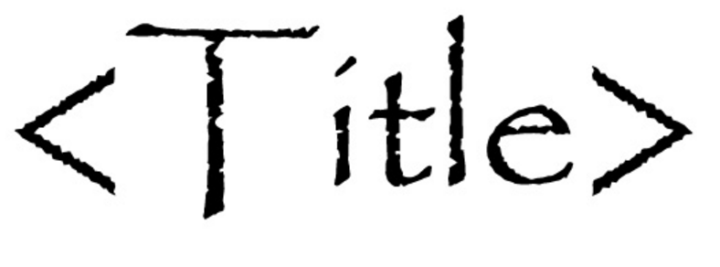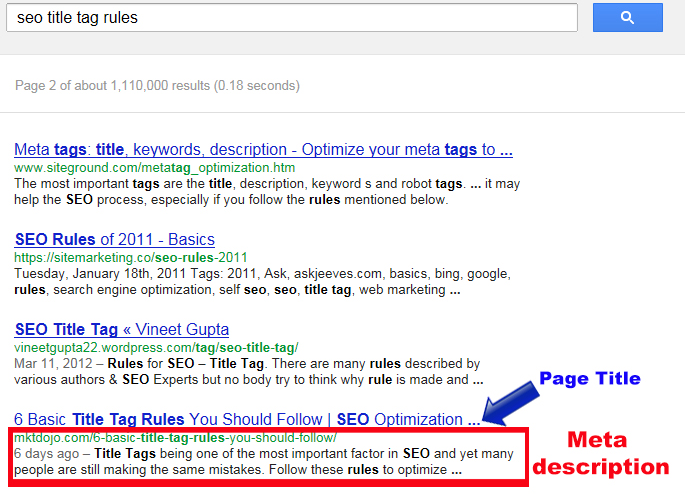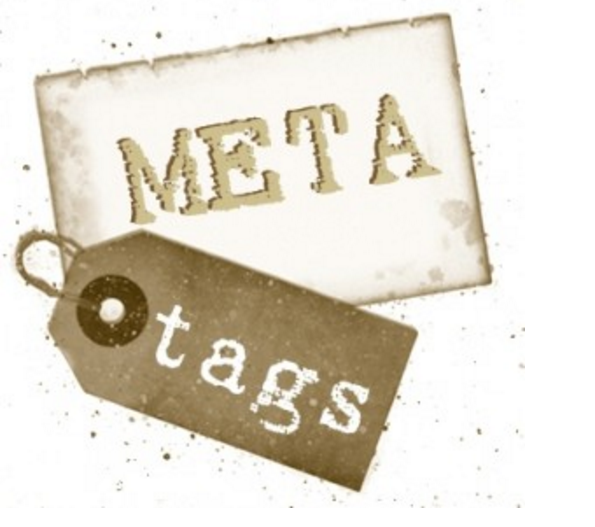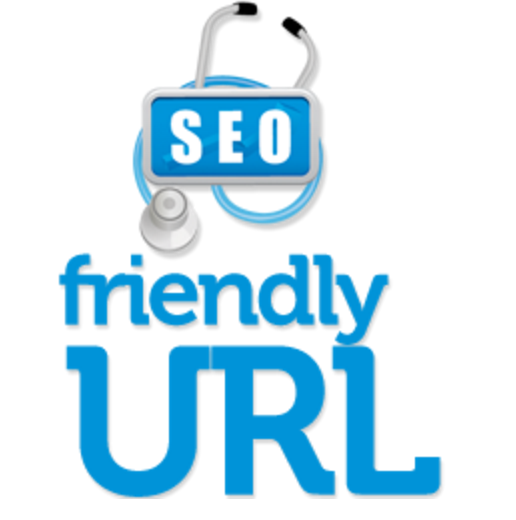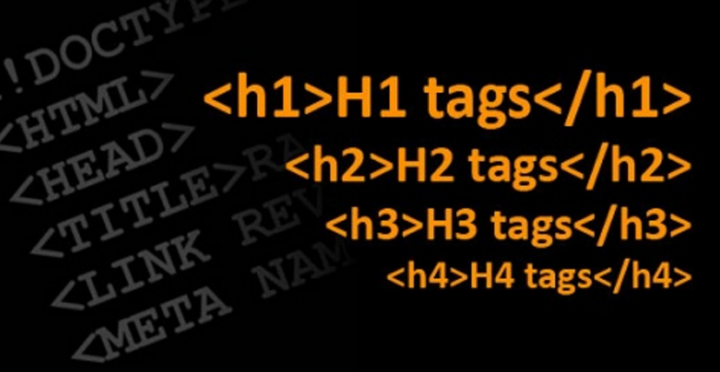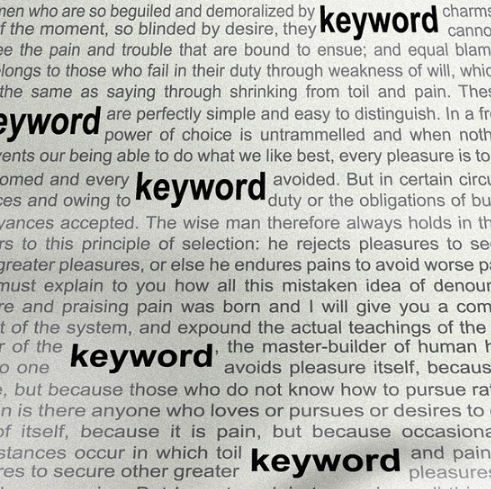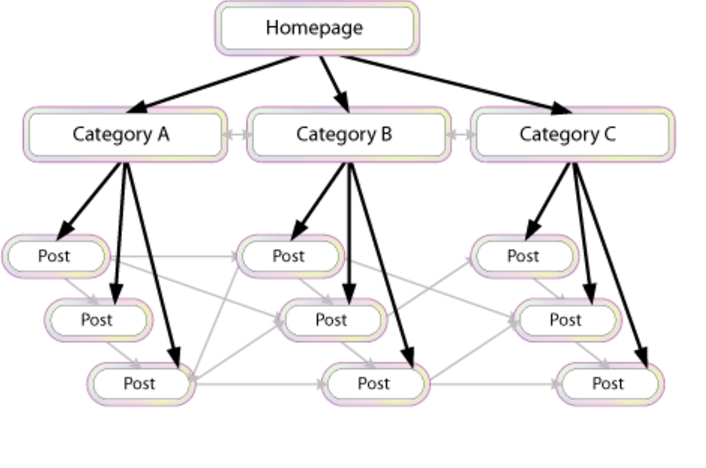On-page SEO and 8 most important SEO factors
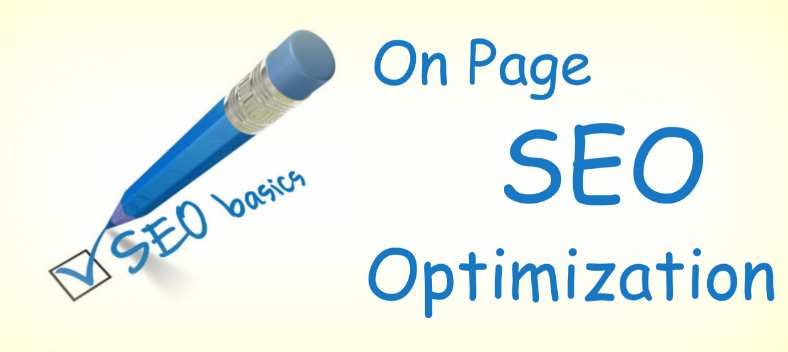
Nowadays, there is an increase in the number of people who care about SEO, learn about SEO and try to find out how to implement SEO effectively. This article will present the key factors that any Seoer need to pay attention to.
So, what is SEO?
SEO stands for “search engine optimization” is the solutions of design and information optimization that help website become more friendly to Search Engine combining with online marketing methods. As a result, it helps improve the ranking of search results on search engines such as Google / Bing / Ask.com, etc.
Nowadays, SEO on Google is especially important because it has the largest searching user number in the world.
SEO is divided into 2 separate categories
- On-page SEO is optimizing the components inside that helps the toolbar to identify that this is a friendly website and has a clear purpose that helps search engines collect the website’s content better. This optimization usually starts with the title tag, meta, URL, content…
- Off- page SEO is creating many links from other websites to the website being implemented SEO. This link building is often implemented via putting posts on the forums, social networks, blog, bookmark website, link exchange…
On-page SEO in searching optimization
1. Title
The page title is one of the most important SEO factors on your site. Each of your pages and posts should have its own title, include the main keywords for that page.
For example, the title of this article is: “On-page SEO and 8 most important SEO factors”. This includes “On-page SEO” and “SEO factors” keywords. They will help users have a deeper understanding of the site’s content that they will read. Especially, the article will have the ability to be on Top with the “On-page” keyword.
By many different ways to name title, you should research the keywords very carefully. It will help your website get a higher rank with the targeted keyword group.
2. Meta Description
Many people forget to set up a description meta tag for their pages. These descriptions are an important part for you to introduce your website’s content, includes the keywords relating to your content, they are used in search results when your page is listed by Google on SERPs (search engine result pages).
For example, with this article, the meta description should be named such as: “What is On-page SEO? Together with Vinaora learn about On-page SEO and 8 most important On-page SEO factors”. As you can see, the “On-page SEO” keyword is repeated twice. The “SEO factor keyword” is repeated 1 time. It will be the best compliment for your SEO implementation and helps your website to be more attractive in the eyes of your users. And especially, it becomes more friendly to the search engines.
The length of meta description tags should be in about 160 characters, though being limited to 125 characters would be the best.
3. Meta Tags
For each of your websites, you can include a group of keywords in Meta Tags. However, all of those keywords need to be related to your website that you need to make a research previously. Try to make these Meta Tags effectively, it will bring many benefits.
4. URL structure
Search engines encourage websites to have friendly URL structure, it will help search engine collect data more easily. A shorter URL seems to work more effectively in search engine results.
Besides, the URL which contains target keywords will support far more. The position of these keywords can also be a big impact.
Try to change meaningless URL chains into the ones describing the website’s content properly and containing keywords, it will improve your website’s SEO.
5. Heading Tags (H1, H2, H3, H4)
When writing your articles, you should divide your content into smaller parts to make it more recognizable to readers. These parts can become the titles, that is where H1, H2, H3, H4 can be used in the most effective way.
H1 tag is reserved for your main page title and the next titles such as H2, H3, etc. will be decentralized. Search engines use them to determine what is important in your content. That is why the headline containing the richness of keywords will be more useful.
Make sure that you write the keyword-rich title in the priority order of the H1, H2 and H3. They are used a lot because it will help the search engines know the important parts.
6. Keyword density
Distribution of relevant keywords throughout your content is a very important factor in implementing SEO because it helps search engines check out what is on your content. However, you should not let it be repeated excessively as well as use too many keywords just for the search engine robots. Google can penalize your website because of this.
In order to avoid this, try to keep your website’s keyword density in about 2-5%.
7. Implementing image SEO
Using images in your content is a wonderful way to make your website visually appealing and break the monotony of the text. You can use images to improve the website when implementing SEO.
All of the images that you upload should have titles, therefore you should describe images like your page’s title including related keywords. As a result, users can find out your website when they search on Google Images.
You can also include Alt Text and describe for your images, make it more useful for implementing SEO.
8. Internal link
People often think that only the links from other pages can provide SEO efficiency but it is a huge mistake.
Putting links pointing from other websites of your own is a great way to improve your website on search engines if used properly. Internal links can be one of your useful weapons when implementing SEO. It does not only make things easier, help your customers can navigate around the website and find out all of your content in the quickest way but also ensures that your website will be gathered by Googlebot or Bing in the fastest way.
Besides, it also helps build the relevance of a page with related keywords and phrase as well as increase Google Pagerank for your website on Google.
Conclusion
8 SEO techniques above are just some of the methods that can help you improve your website on search results. Independently using SEO techniques above can not help your website implement SEO better. Therefore, combine them together, that will be far more effective.
If you have any comments, feel free to join the discussion with us below. Hope these will be helpful for you.
